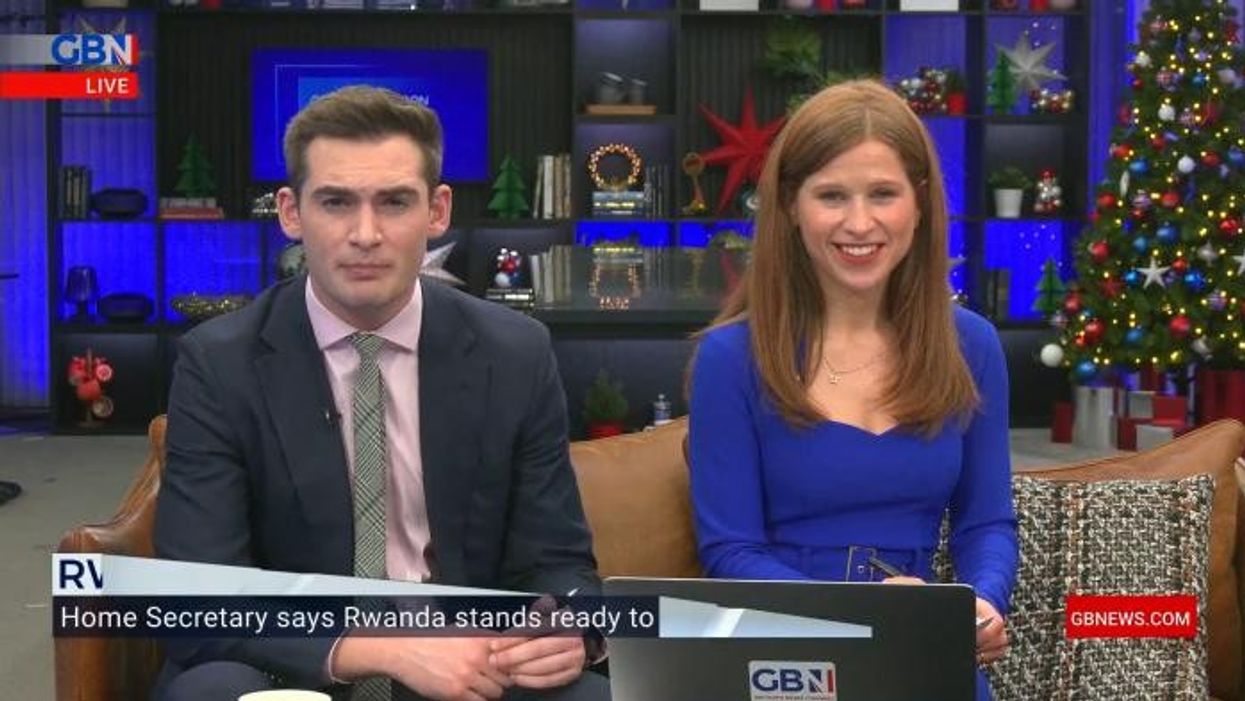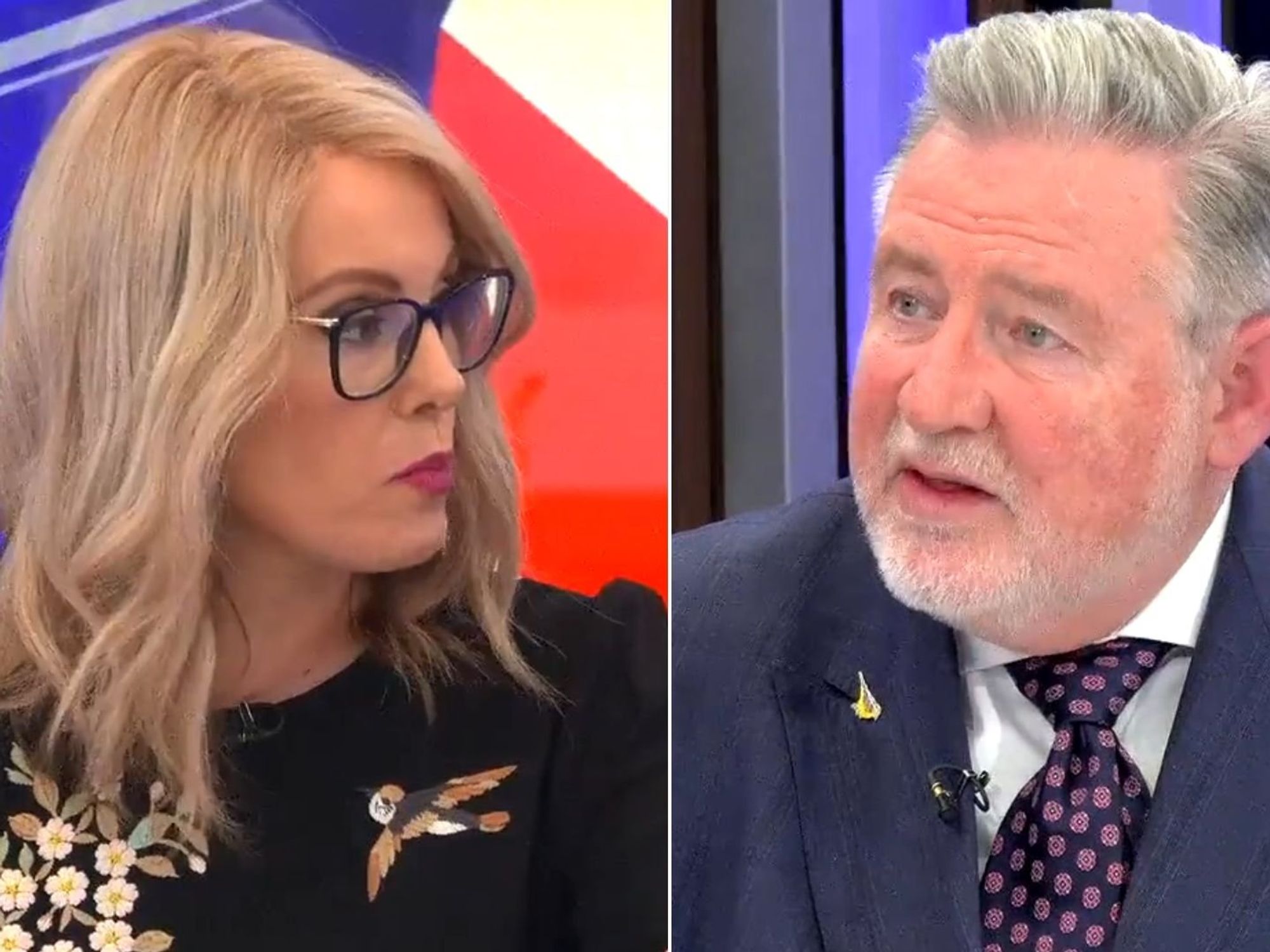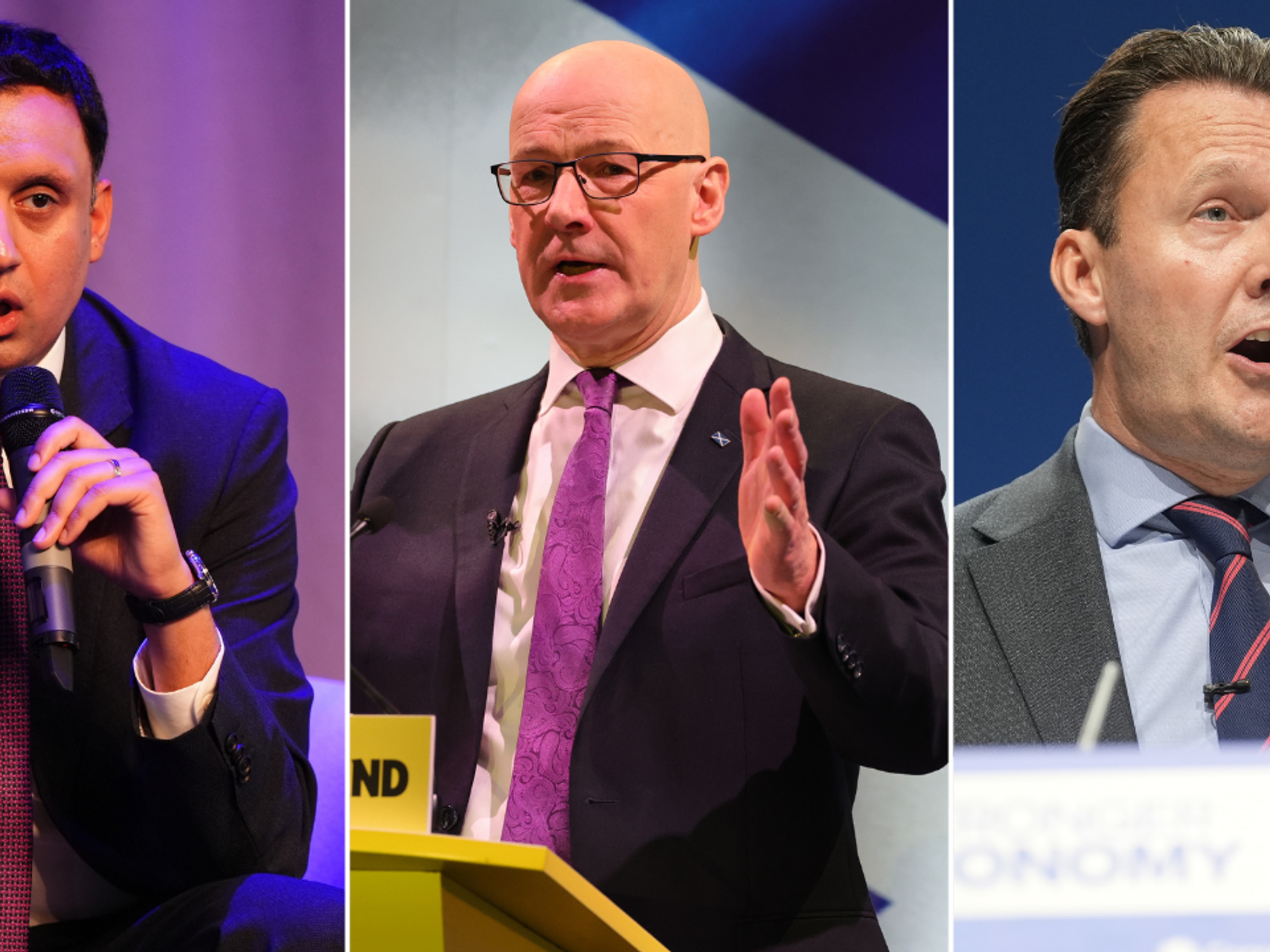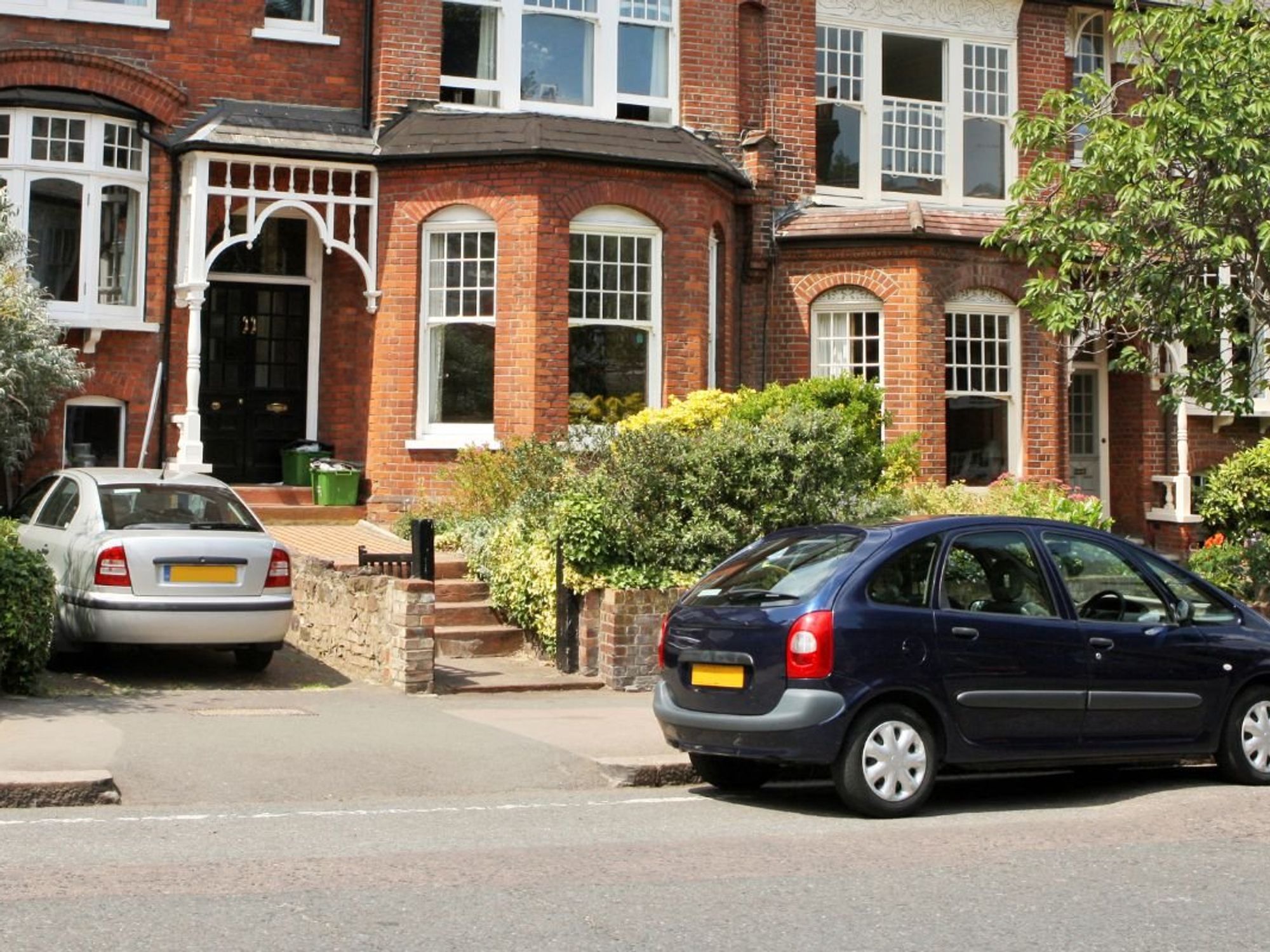BBC accused of 'misrepresenting' Covid risk in bid to encourage lockdowns by top scientist

Professor Mark Woolhouse, a Government advisor during the pandemic, slammed the broadcaster for reporting on the deaths of healthy adults 'as if they were the norm'
Don't Miss
Most Read
Latest
The BBC has been accused of “misrepresenting” the risk of Covid in order to increase public support for lockdowns in Scotland by a top scientist.
Professor Mark Woolhouse, a prominent epidemiologist and government adviser, blasted the BBC for having “repeatedly reported rare deaths or illnesses among healthy adults as if they were the norm”.
He said that the virus was far more prevalent in older generations, with the risk of dying from the disease being 10,000 times higher in over-75s than the under-15s.
Woolhouse said that the BBC’s coverage, which frequently claimed that “we are all at risk", was “misleading impressions” of the seriousness of Covid.
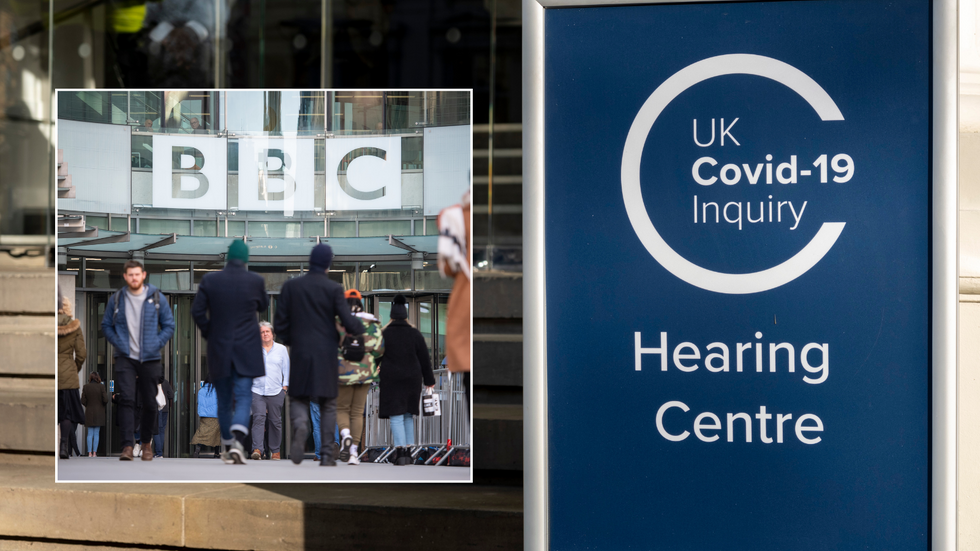
A top scientist said that the BBC’s coverage was “misleading impressions” of the seriousness of Covid
|PA/Getty
He cited a briefing in March 2020 as evidence. The report, created by a sub-group of the UK Government’s Scientific Advisory Group for Emergencies, focused on the public’s reaction and behaviour to the virus.
It stated that “a substantial number of people still do not feel sufficiently personally threatened; it could be that they are reassured by the low death rate in their demographic group... the perceived level of personal threat needs to be increased among those who are complacent, using hard-hitting emotional messaging”.
Writing to the inquiry about the impact of the BBC’s coverage, he said: “I fear that the Scottish Government’s pandemic response was compromised as a result.”
He slammed news outlets for not providing accurate information about the virus in the initial stages of the pandemic.
LATEST DEVELOPMENTS:
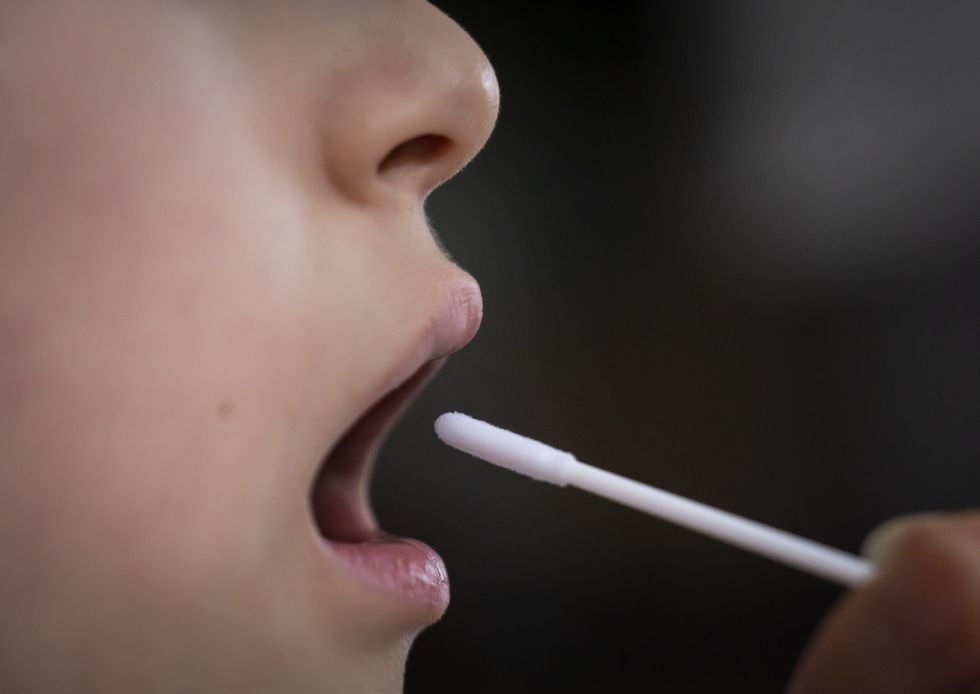
Professor Mark Woolhouse blasted the BBC for having “repeatedly reported rare deaths or illnesses among healthy adults as if they were the norm”
| PA“Some media sources - notably the BBC television news - did repeatedly misrepresent the risk posed by Covid,” he said.
“One example is that they gave the impression that hospitals were being overwhelmed during the first wave. Some (mainly in London) were, but overall hospital bed occupancy was at an all-time low during that period.
“A second example is that they routinely reported deaths of healthy young adults, thereby giving the impression that these were common. In reality, such deaths were extremely rare; the great majority of Covid deaths occurred in the elderly, frail and infirm.”
He concluded: “Possibly, this kind of coverage was an attempt to back up government public health messaging; for example, the hugely misleading claim that ‘we are all at risk’.”
A BBC spokesperson said: “We reported on the pandemic in line with the BBC’s rigorous editorial standards – using a range of official and scientific sources. We reported on events in the UK and across the world as they happened - featuring ongoing analysis from a range of medical and scientific experts, as well as a range of voices and opinions, including those sceptical of lockdowns.
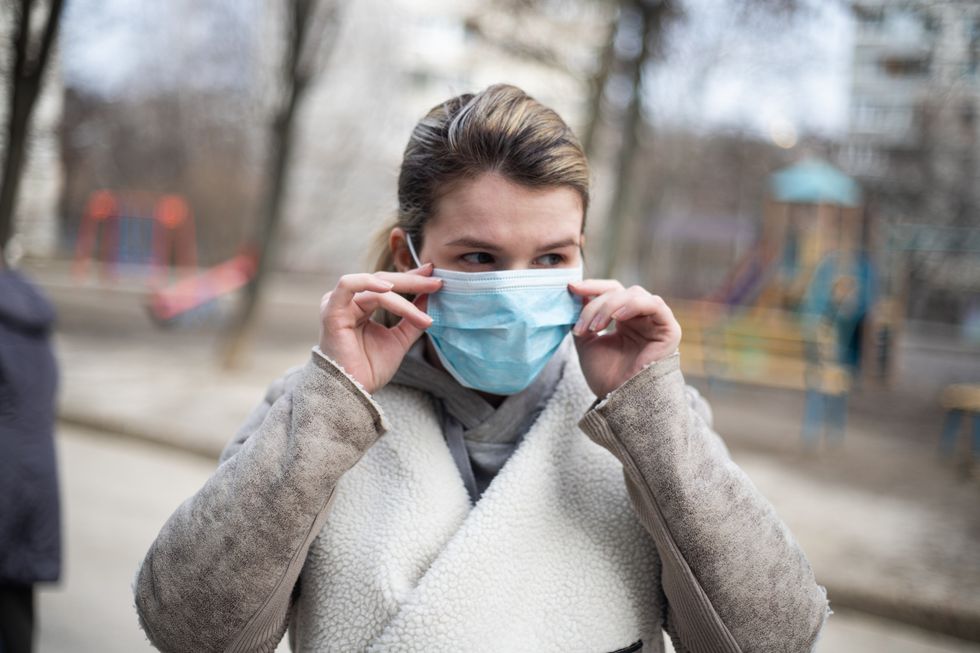
Woolhouse has expressed regret at some of the Covid restrictions imposed during the pandmeic
| Pexels“We do not recognise this description of our working environment; we encourage robust editorial discussion.”
Woolhouse, who was an adviser to the Scottish government during the pandemic, stated that lockdowns had been “least effective at protecting the most vulnerable precisely because of their need to have contacts with health care and social care workers - self-isolation was not an option.”
He also said that politicians were keen to stress that Scotland’s Covid response was more cautious than England’s, in hopes that they could end up with zero Covid.
The former government adviser said that he regrets the fact that so many people were arrested whilst socialising outdoors, as the virus “transmits very poorly” outdoors.
He said: “So there was pretty much zero public health benefit keeping us indoors. That wasn't required at all - we never needed to do that.
“There are caveats like if people are outdoors and being intimate, that's something. There was never any need for that."
He cited activities such as rock climbing, walking in the mountains and visits to beaches which were deemed as unacceptable and could lead to arrest.


